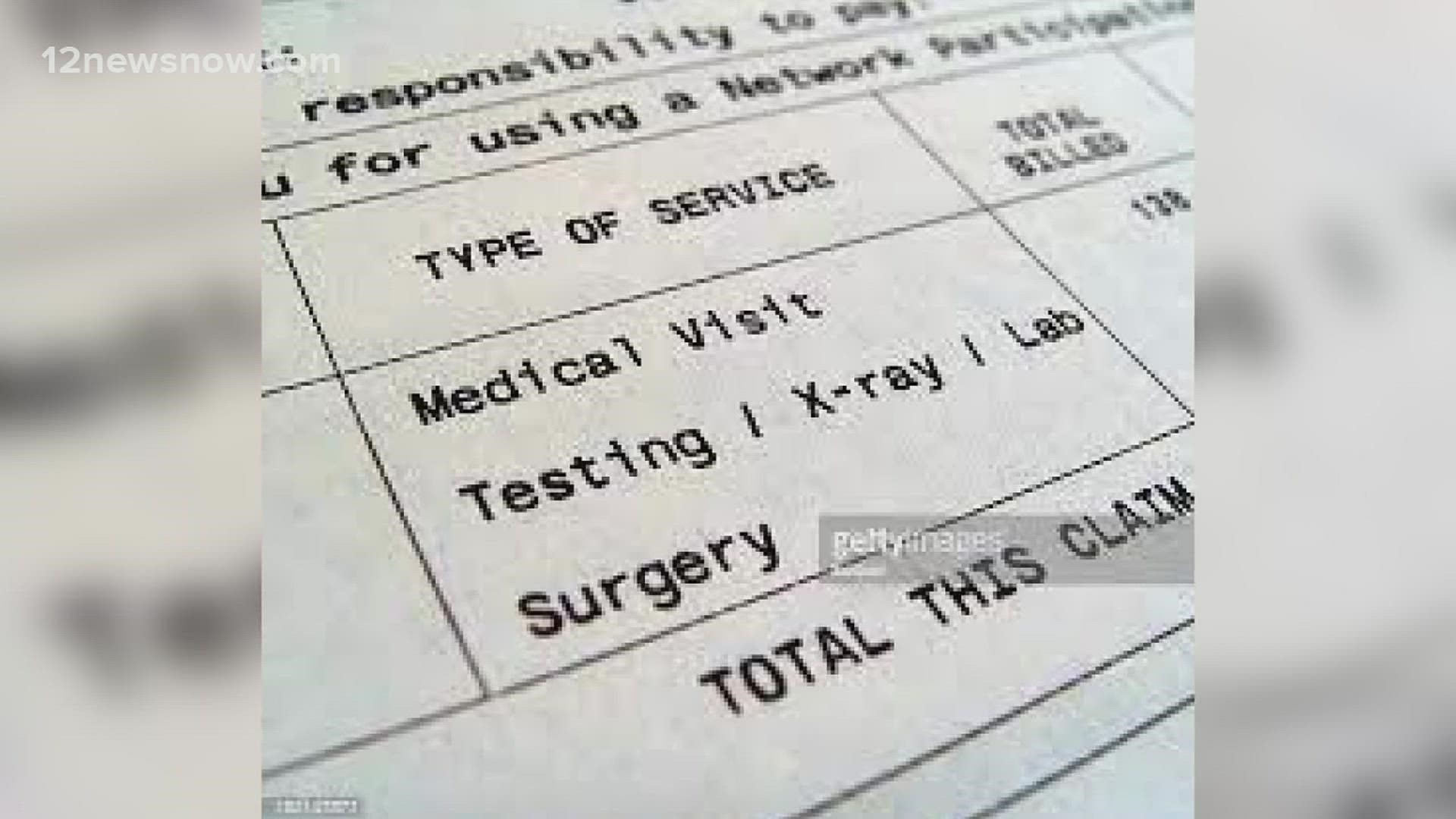BEAUMONT, Texas — Knowing a visit could have been prevented in the first place is something that can make a stack of medical bills from a hospital visit more frustrating than it already is.
Expensive copays for check-up visits have put many patients on hold.
“Do I want ice cream today, or do I want to go ahead and get my anti-pneumonia antibiotic, and you know, and so it's just it's, it's disgraceful and almost unbearable,” Kenneth Bean Sr., pastor at the Oak Grove Baptist Church, said. “It’s completely frustrating.”
The Beaumont pastor knows firsthand just how frustrating it is to not receive care due to an unaffordable copay.
“Back in September, I had major surgery, and so I had according to what I was told, two post-op visits available that was already covered,” Bean said.
For reasons unknown to Bean, the post-operation visits were not fully covered. Bean was refused treatment because he could not pay the copay.
“And then I began just [kept] getting sicker and sicker and sicker,” Bean said. “So then finally, I have to bite the bullet and go to an emergency care facility. Then, I’ve just accrued thousands of dollars worth of medical expenses."
While the operation and illness that brought him to the emergency room were not directly related, Bean said the medication he would have received from the check-up visit could have lessened his inflammation.
“I've just, perhaps, wanted them to look to make sure there's no, perhaps, infection or something or inflammation,” Bean said. “Is there maybe a stronger medicine that is needed to bring down the inflammation, and I wasn't able to get there.”
Receiving the medication could have kept Bean out of the emergency room and saved him thousands of dollars in emergency medical bills. Medical insurance experts said this is a perfect example of loopholes in the healthcare system.
“We’re between a rock and a hard place,” Christine Van Harem, CEO of Better Way Advocacy, said. “The brokenness of our healthcare system. So it's all about the bottom line, which is about the insurance companies making money and the facilities making money."
Harem knows there are options for people who cannot afford a copay but do not want to wait and have their health situations worsen.
“So, first of all, choose wisely,” Harem said. “Choose your insurance plan wisely. Make sure you know what you're getting into. Make sure you know what you can afford.”
Harem advises people to ask their provider for financial assistance. If they do not qualify for assistance, Harem encourages asking for a payment plan.
Harem said that while it is not the best option, if you can, put your copay on a credit card. This will give those who need it an extra 30 days to pay it back.
“Again, not a great option, but if you want to get the care, that's where we're at right now,” Harem said.
Harem also said people can ask their provider to bill their copay, instead of paying up front. She said more and more facilities across the country are refusing this option, but it's always worth a shot and better than the alternative.

